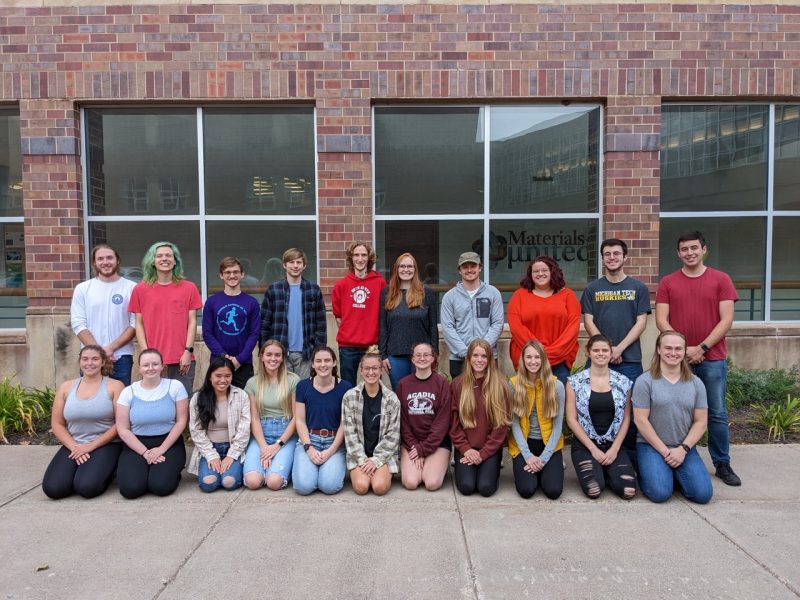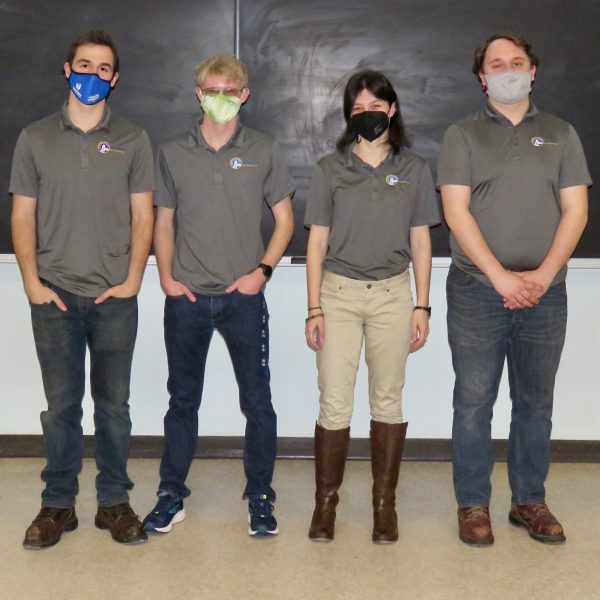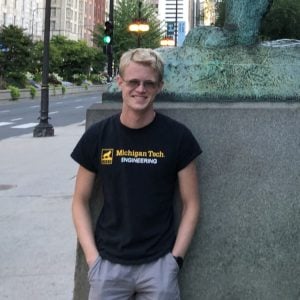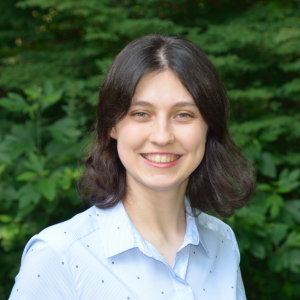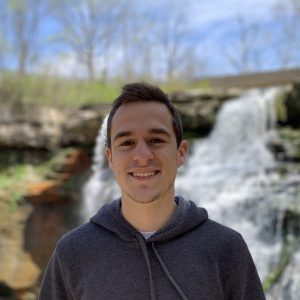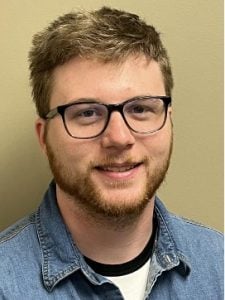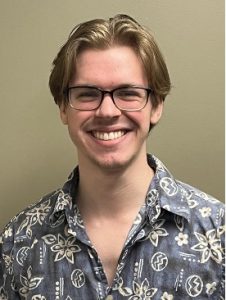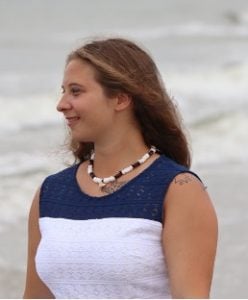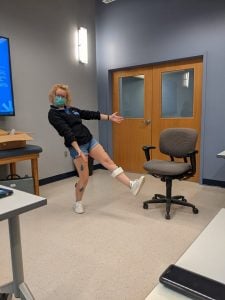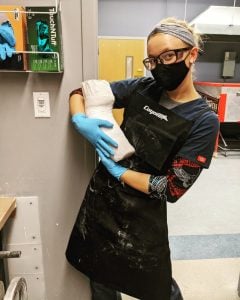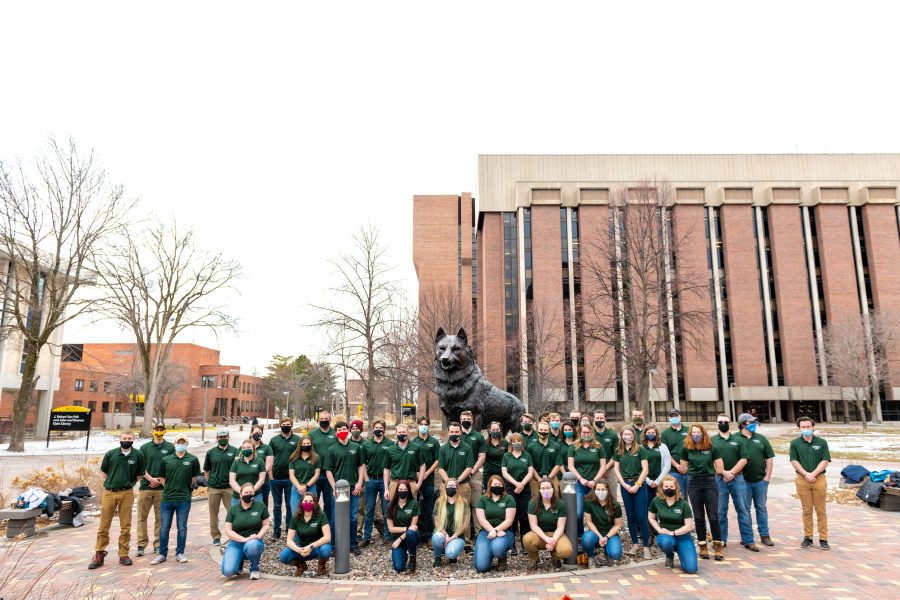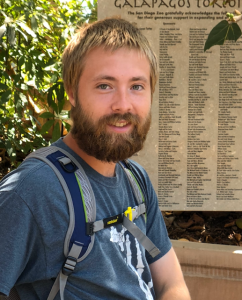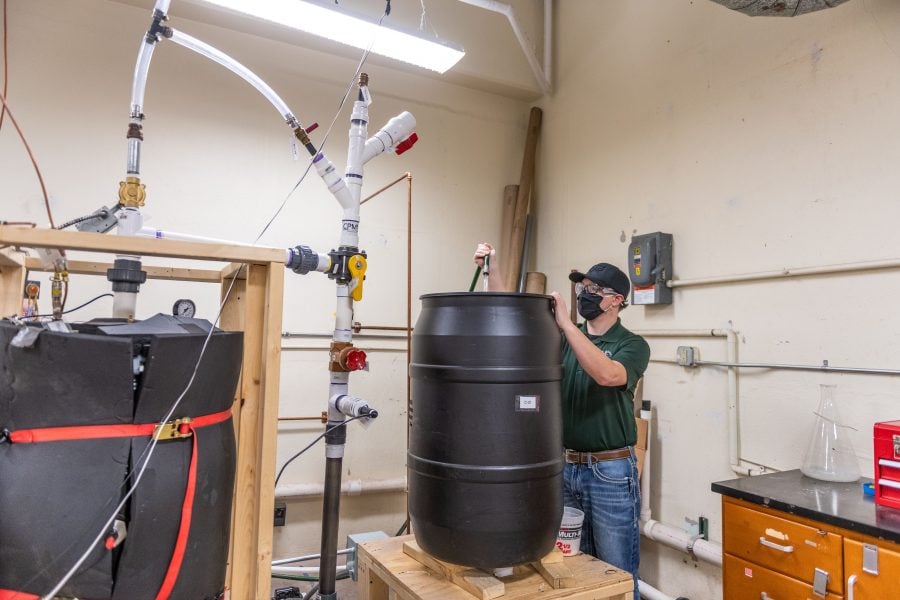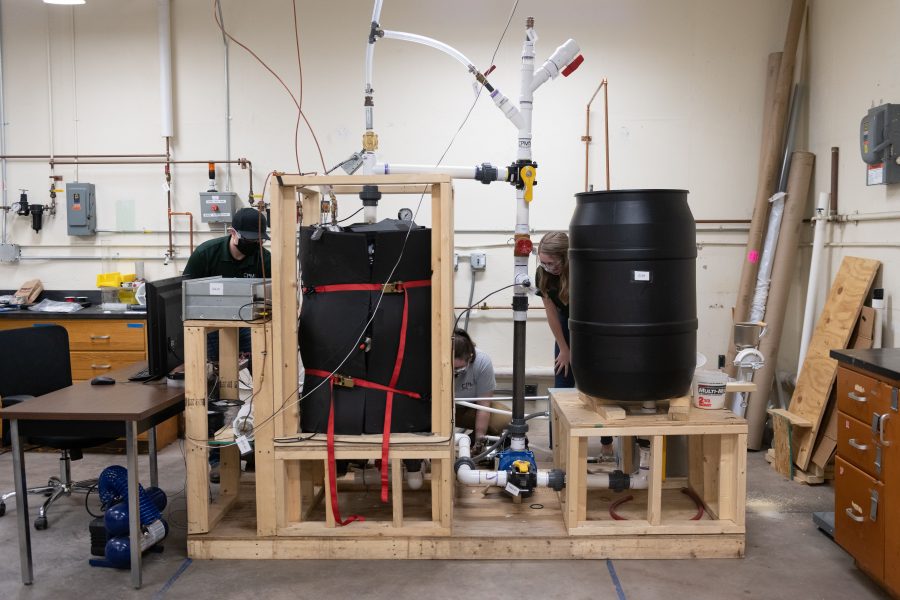By The H-STEM Enterprise
The Michigan Tech “H-STEM” Enterprise is a new student-run, multi-disciplinary team committed to improving human health. H-STEM operates within the University’s Enterprise Program, an educational program that aims to develop students’ technical, business, and interpersonal skills through problem and project-based learning. The H-STEM Enterprise comprises 20 students from different majors, including mechanical, electrical, and biomedical engineering and robotics, biology, and biochemistry. The enterprise’s mission is to improve the community’s health and well-being through innovative science and technology. They do so by working on rehabilitation engineering, healthcare, and health promotion projects. For example, their current projects aim to 1) improve mobility for clinical populations (e.g., stroke, osteoarthritis, joint replacement surgery) and 2) develop cost-effective rehabilitation equipment.
A current project the team is working on is a body weight support treadmill designed to relieve pressure during normal walking/running motion. It has applications in physical therapy for lower extremity injuries, surgery, stroke, or general exercise. Another project is a knee recovery device that will determine the functionality of a knee joint and quadriceps muscles during rehabilitation compared to a healthy knee and muscles. It has application in physical therapy after an ACL or other ligament tear surgery and knee joint replacement surgery. The most recent project, which started this semester, focuses on prosthetics. The goal is to create a suspension system for a prosthetic socket to increase comfort and versatility for the patient in rehab.
The H-STEM Enterprise is also committed to promoting and advocating for health on campus and in the community. . For example, last year, they assisted with the COVID-19 testing clinic on campus and also participated in the U.P. COVID-19 Community Townhall, where they spoke alongside healthcare professionals and other community experts. Most recently, the H-STEM Enterprise presented at the Michigan Tech Global and Community Engagement Conference, where they talked about their current projects that aim to improve the health of the U.P. community as identified in the recent 2021 UP Health Needs Assessment Report.
It is an exciting time for health education and research on campus. Michigan Tech’s new H-STEM Engineering and Health Technologies Complex is scheduled to be constructed in early 2024. The new building will provide state-of-the-art teaching and research labs to advance learning, develop new technologies, and prepare a skilled workforce for tomorrow. For more information about the H-STEM Enterprise, potential sponsorships, and/or collaborative opportunities, please contact Steven Elmer, the H-STEM advisor, via phone (906-487-2324) or email (sjelmer@mtu.edu).
